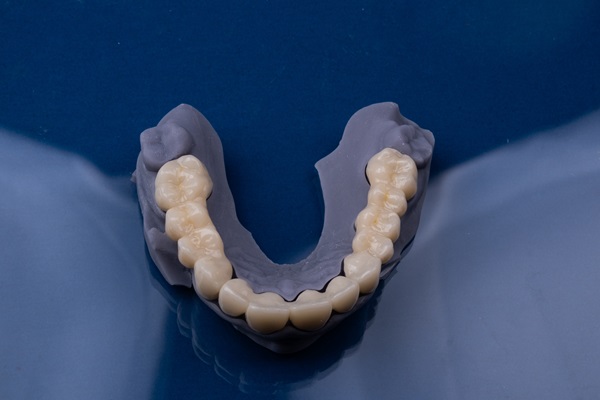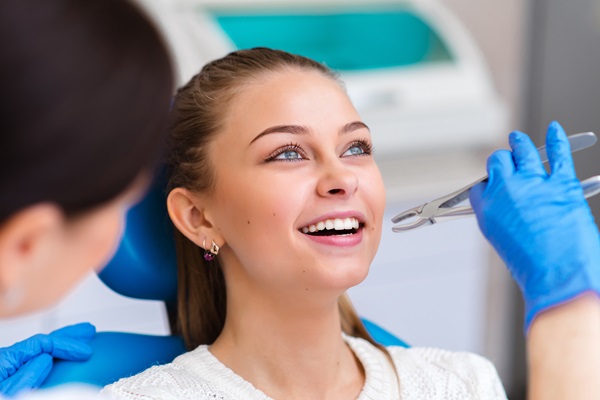Taking Care of Your Mouth After a Tooth Extraction

Tooth extraction can seem to be hard to recover from, but there are plenty of ways that a person can take care of their mouth after a tooth has been extracted.
With the help of this article, we will discuss a few ways that someone can take care of their mouths after they’ve had a tooth extracted. Being aware of how to properly care for the mouth after this procedure can be helpful to someone who has had their tooth pulled or who is expecting to have one pulled in the near future.
Taking care of your mouth after a tooth extraction
Rinse regularly
One of the best ways to care for your mouth after tooth extraction is by regularly rinsing with a saltwater rinse. Sometimes, immediately after a tooth is pulled, mouthwash may be too harsh to the wound or the area around it.
However, saltwater is gentle enough to not cause discomfort, but it will keep the mouth and area surrounding the wound, clean and free of bacteria.
Avoid chewing on that side
Another important thing that people should remember while taking care of their mouths after tooth extraction is to avoid chewing foods on the side of the mouth where the tooth was pulled. While the wound will eventually heal, it may be best to initially avoid chewing on that side.
Chewing could cause pain, swelling, inflammation or even minor bleeding - all of which can be harmful during the healing stages. It’s best to adapt to a liquid diet for a couple of days or just chew things that are softer and won’t harm the area where the tooth was pulled.
Regularly brush
When a tooth is extracted, there are often tissues within the mouth that are exposed. And, when oral tissues are exposed, it makes the area more prone to bacteria. By brushing regularly, a person can ensure that the area surrounding the pulled tooth, will remain free of bacteria and clean.
Often times, after tooth extraction, the area may be sensitive. With that being said, it is important to brush but very gently to ensure that pain or irritation doesn’t affect the area.
Pain medications
One other great way to take care of the mouth aer a tooth extraction is to take some kind of over-the-counter pain medication. While a dentist may suggest a certain one, it’s best to take them with food in order to avoid an upset stomach.
Because a person often feels pain from their tooth extraction, an over-the-counter medication can help with the discomfort as well as any inflammation that may be occurring immediately after the procedure.
Talk to a dentist
While all of these tips on taking care of your mouth after tooth extraction are helpful, there are plenty more too! It is ultimately best to talk with a dentist about tooth extractions and ways to care for the mouth and area afterward. They will be able to help guide you through the aftercare process.
If you have questions or concerns then reach out to our office so that we can help you further.
Request an appointment here: https://www.ddsbaik.com or call Dennis Baik, DDS at (408) 676-5321 for an appointment in our San Jose office.
Check out what others are saying about our dental services on Yelp: .
Related Posts
Tooth extraction can be a frightening concept, especially for those who have never had a tooth removed before and are not sure what to expect or those who have had a bad experience with extraction in the past. However, there are various things you and your dentist or oral surgeon can do to help mentally…
It can be little confusing and sometimes even overwhelming to figure out exactly how to take care of your mouth after a tooth extraction. In the past, there used to be a lot more pain involved after a tooth extraction, however, modern-day dentistry has allowed for the evolution of less invasive techniques which results in…
A wisdom teeth extraction can be daunting for many; however, rest assured that modern-day dentistry has allowed for the evolution of tools that makes the procedure safe and efficient. Even so, a wisdom tooth extraction can make for a pretty lengthy and involved recovery process. Thankfully, there are a lot of ways to make the…
If you find yourself asking the question, "Should I have my Wisdom Teeth removed?" Then you need to know that the answer depends on a few key factors. An ongoing debate in the medical community for a long time, keeping or removing wisdom teeth has some arguing that there are far too many unnecessary extractions.…


